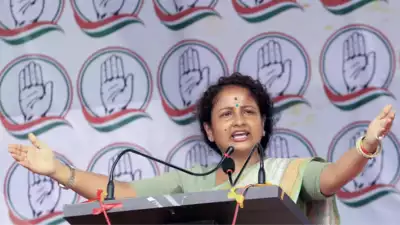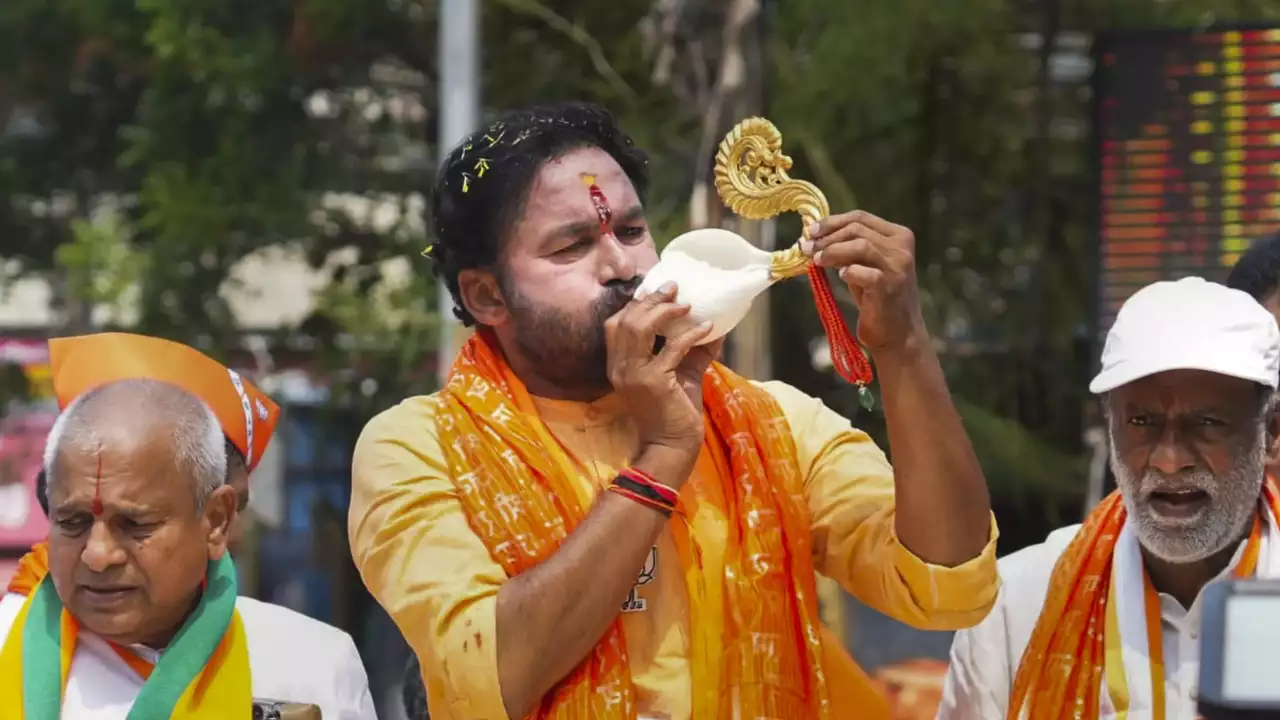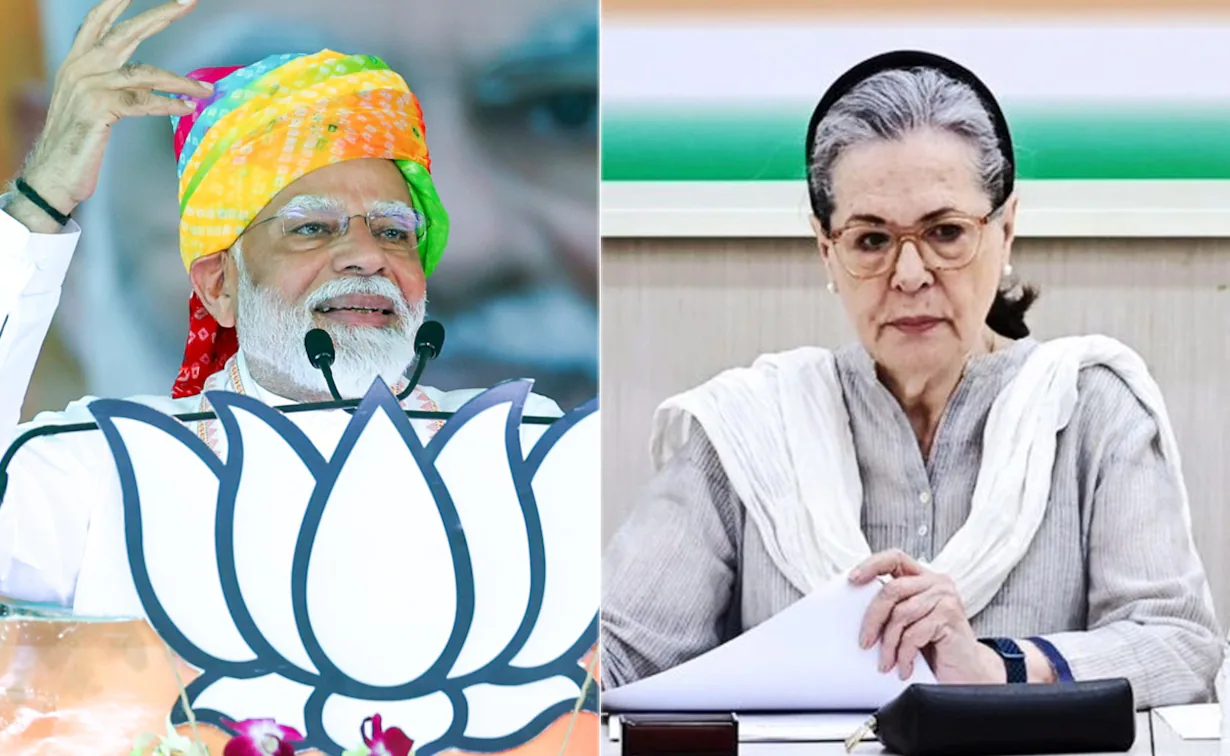RANCHI: Despite accounting for just 2.42% of India’s total geographical area and 2.77% of its total population, Jharkhand holds a significant position in national politics with its 14 seats—representing a 2.5% share—in the 543-member Lok Sabha.
Why does Jharkhand hold such relevance in national politics? Primarily because of its substantial tribal population, which accounts for five of the 47 seats reserved for Scheduled Tribes nationally. For the BJP, Congress, and various regional parties that have advocated for a separate tribal state since pre-independence times, these seats are crucial.
Since its formation, Jharkhand has seen BJP-led alliance governments, none of which have completed a full term. Political instability has hindered the state’s development despite its rich mineral resources. However, the BJP has significantly improved its performance in Lok Sabha elections, going from one seat in 2004 to winning 12 out of 14 seats in both 2014 and 2019, with the AJSU Party as an ally.
Conversely, the opposition has faced challenges. CPI and RJD were eliminated from the political scene in 2009, while Congress managed just one seat. In 2014, Congress won no seats but re-emerged with one seat in 2019. The JMM has consistently challenged the BJP, retaining at least one seat in each election.
The upcoming Lok Sabha elections will set the stage for the state’s assembly elections later this year. Jharkhand’s tribal population, primarily consisting of Ho, Munda, Santhal, and Oraon communities, makes up 26.21% of the state’s 3.2 crore population as per the 2011 census—a figure expected to rise in the forthcoming census.
The current non-BJP government in Jharkhand, a coalition of JMM-Congress-RJD, has been at odds with the central government since coming to power in 2019, primarily over funding issues. The state government claims it is being destabilized by central agencies. The arrest of former tribal Chief Minister Hemant Soren by the ED for alleged land grab earlier this year has been framed as a struggle for ‘tribal Asmita’ (pride) and against the ‘abuse of constitutional bodies’.
After being criticized for choosing non-tribal Raghubar Das as Chief Minister in 2014, the BJP lost the subsequent assembly elections. In response, they reinstated the state’s first Chief Minister, Babulal Marandi, to lead the party in Jharkhand. The BJP has since maneuvered carefully to demonstrate its commitment to tribal issues but faces strong opposition from local parties.
“Tribals in Jharkhand have long demanded the implementation of the Sarna code, which would provide them with a distinct religious identity, and the inclusion of their languages in the Eighth Schedule of the Constitution. With the state government’s strong backing, tribal voters could swing in its favor in these polls,” remarked a political science professor at Ranchi University.
He added that the ongoing elections might also serve as an indirect referendum on JMM patriarch Shibu Soren’s successor, Hemant Soren, shaping the future of him and his party.
“With the incarcerated Hemant still being the face of the state’s coalition government and the INDIA bloc in Jharkhand, the Lok Sabha poll outcome will also be a referendum on whether tribal voters see him as a victim of political vendetta or as a legitimate leader. Over the past four years, he has emerged as the most vocal tribal voice against the BJP and the Modi regime,” he explained.
Meanwhile, the main opposition BJP has been attempting to attract tribal voters by highlighting the central government’s development work. However, unsuccessful attempts to amend the CNT and SPT Acts between 2014 and 2019, along with the introduction of the contentious anti-conversion bill during Das’s tenure, have fostered a perception that the BJP is an ‘anti-tribal’ party—a perception that still lingers.




